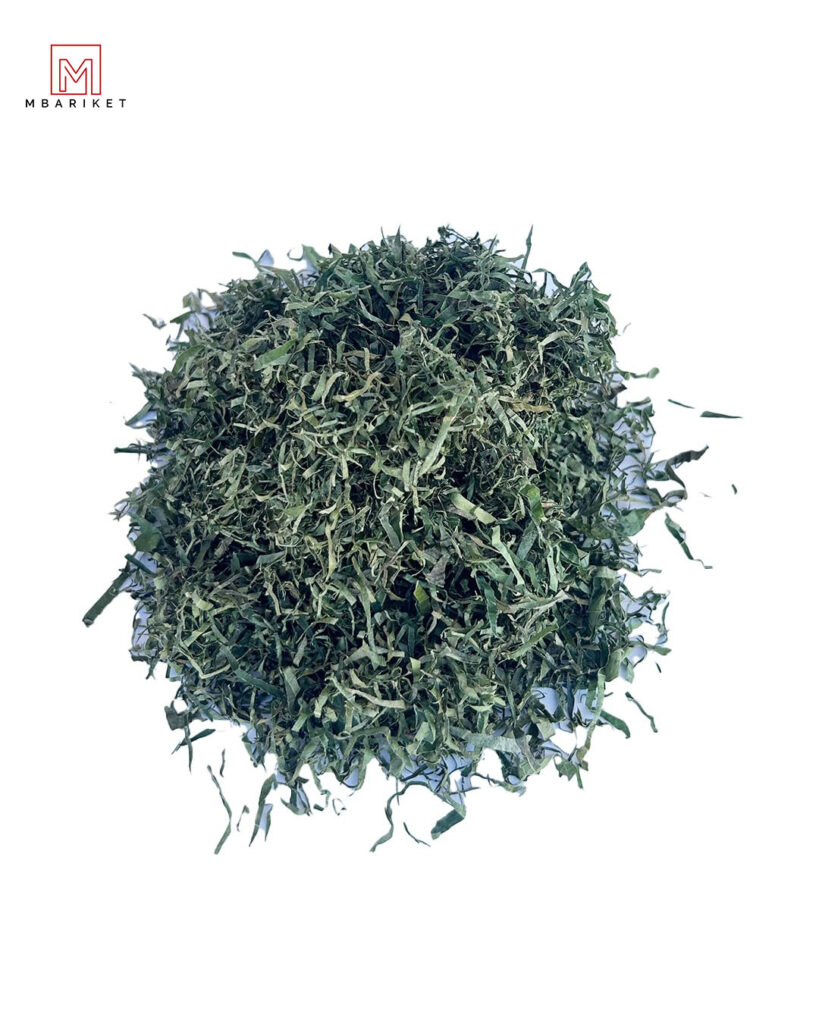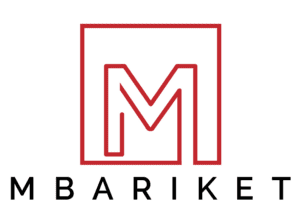
At Mbariket, we are raising serious concerns about a troubling incident involving the wrongful classification of dried Afang leaves—also known as Okazi or Afang—by Nigeria’s National Drug Law Enforcement Agency (NDLEA). A recent export shipment of this legal, nutritious vegetable was flagged as Indian hemp (marijuana) without any lab testing or verification. Only after firm insistence did authorities conduct a lab analysis, which confirmed the product was in fact edible Afang leaves and not a narcotic substance.
Rather than resolving the matter based on the test results, NDLEA officials requested a payment for the release of the goods—a demand we refused on principle. In response, we were told that dried Nigerian vegetables are now prohibited from export, a claim with no legal basis or official policy backing. This arbitrary action not only disrupts legitimate trade but sends a harmful signal to exporters striving to expand Nigeria’s presence in global markets.
This incident risks undermining trust in Nigeria’s export system. Afang leaves are a globally accepted food item, especially among the Nigerian and African diaspora. Wrongful classification and informal practices erode business confidence and threaten the livelihoods of honest agro-exporters. At Mbariket, we remain committed to legal, transparent, and high-quality trade between Nigeria and the U.S. We will continue to advocate for exporter rights and call for a fair, accountable system that supports—not stifles—Nigeria’s agricultural economy.
